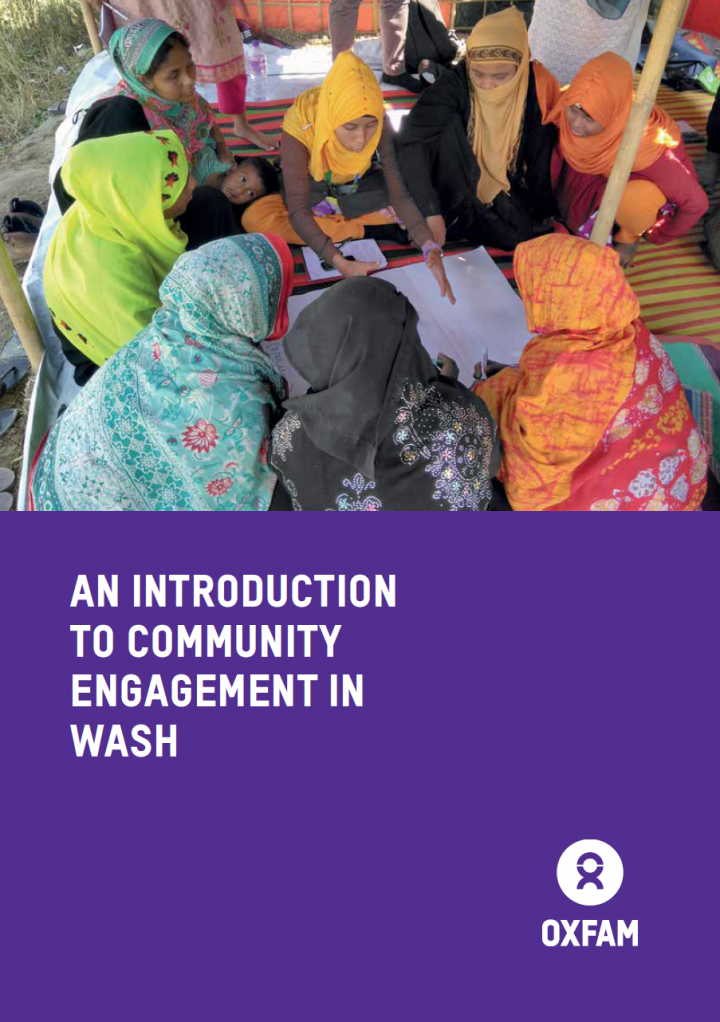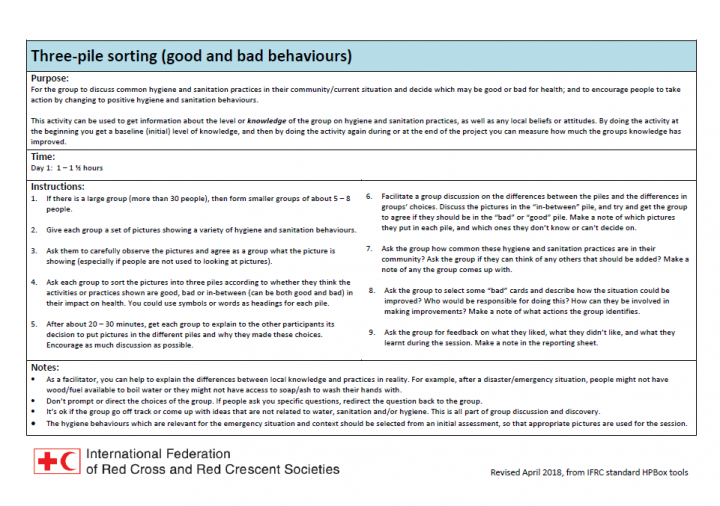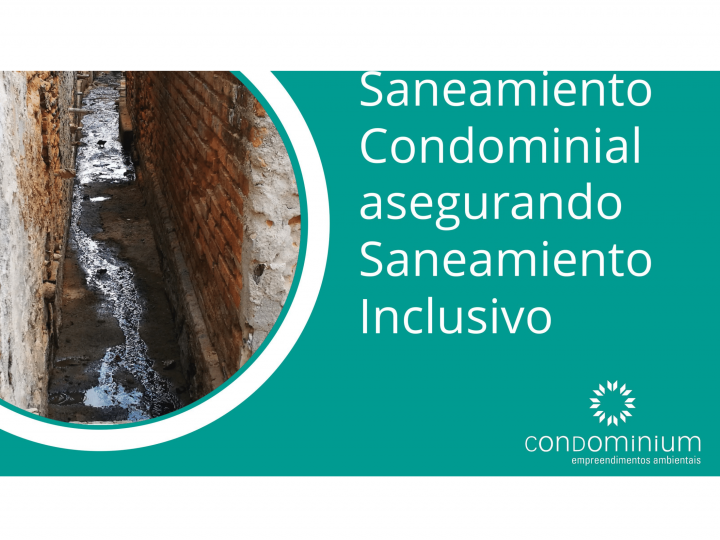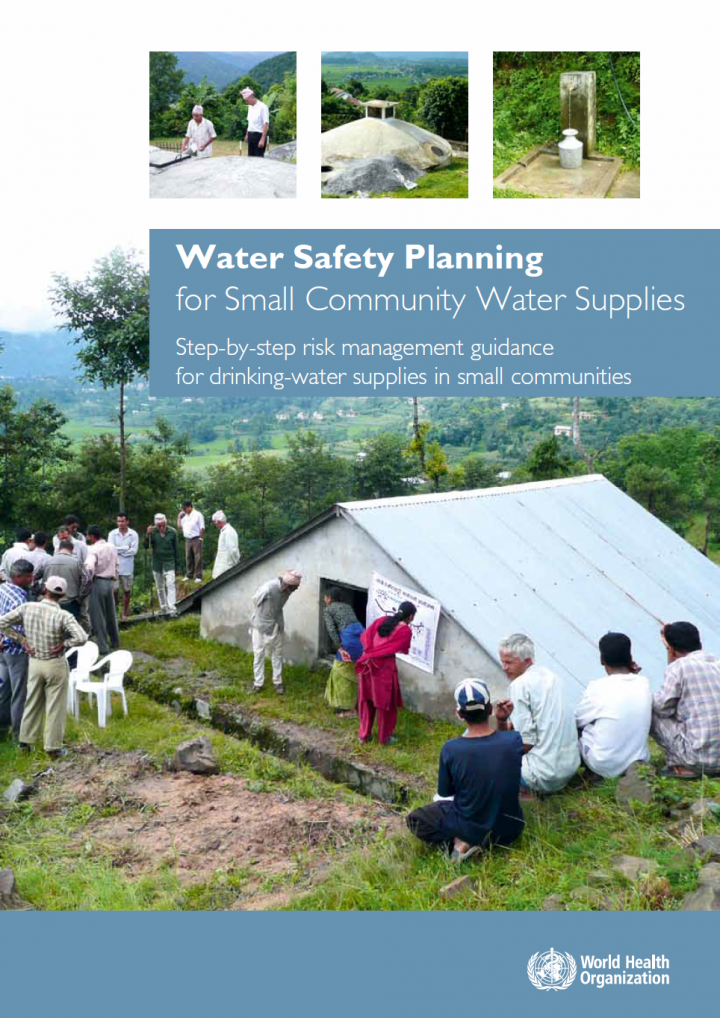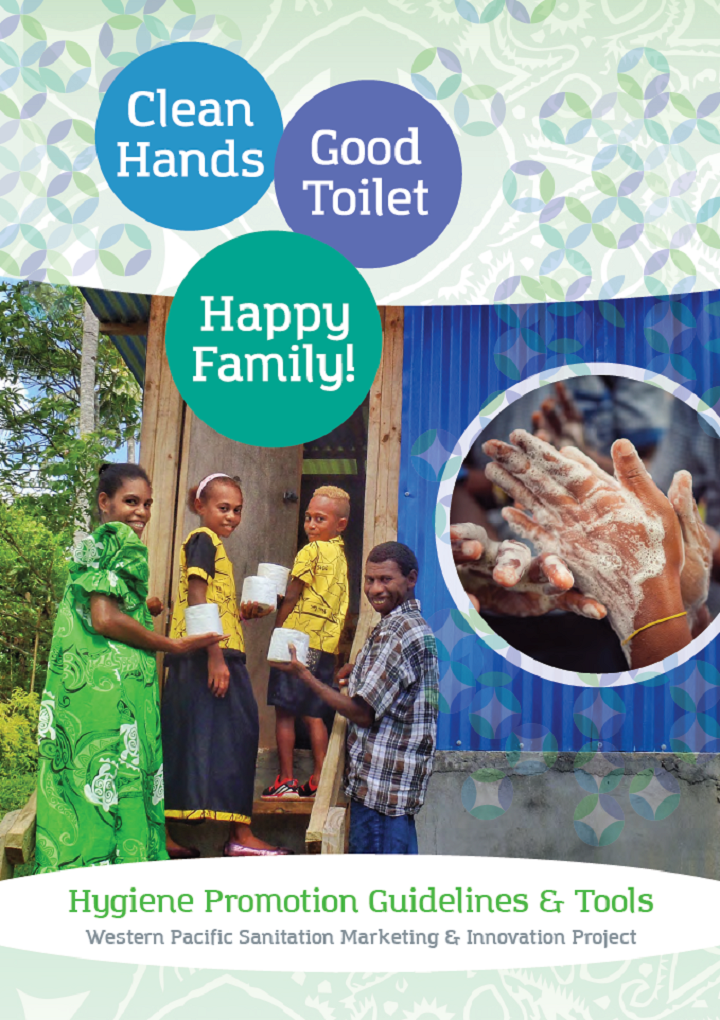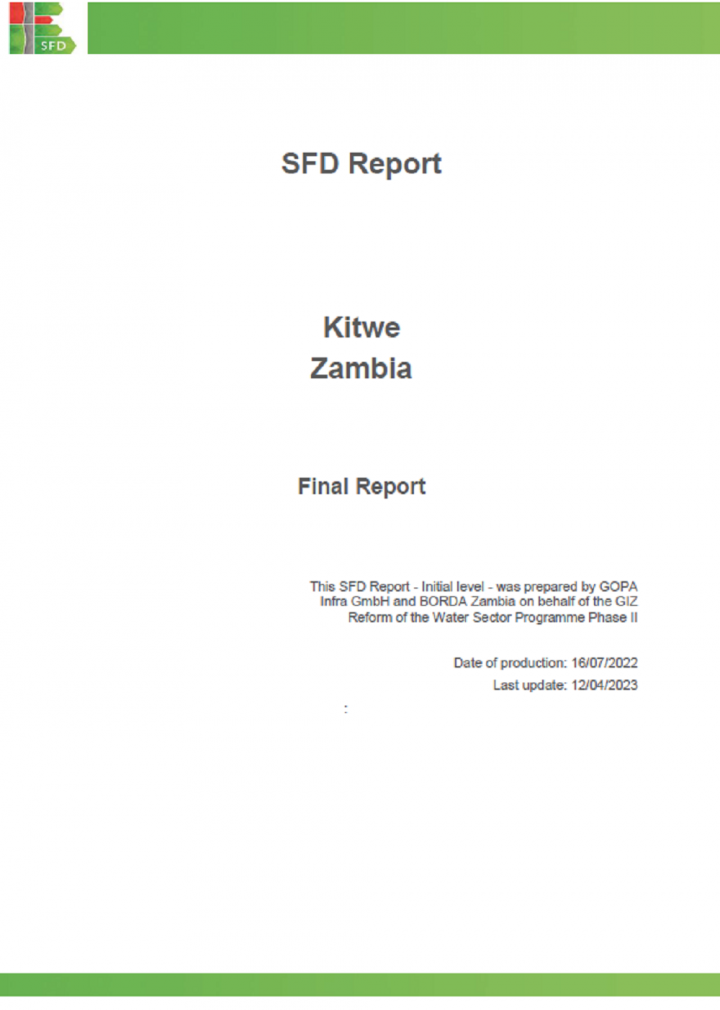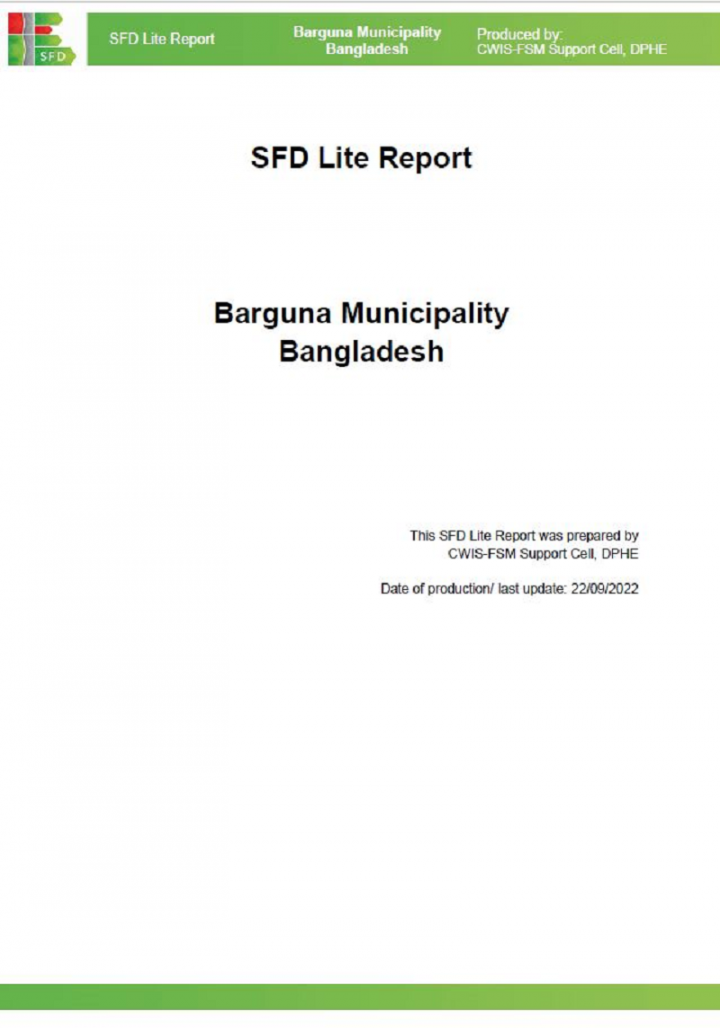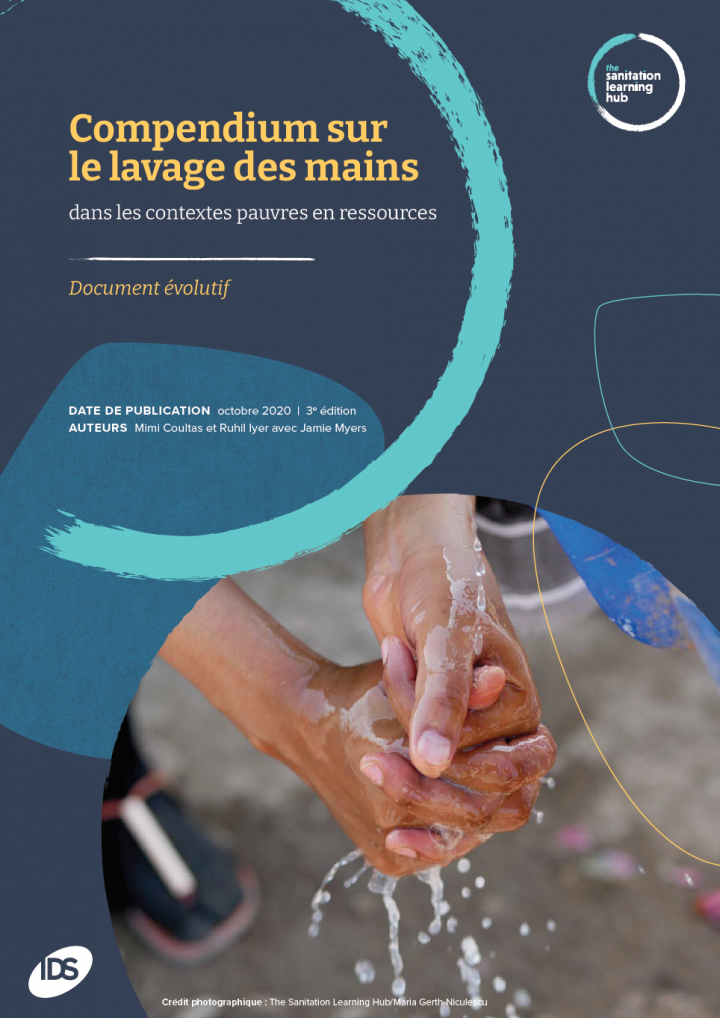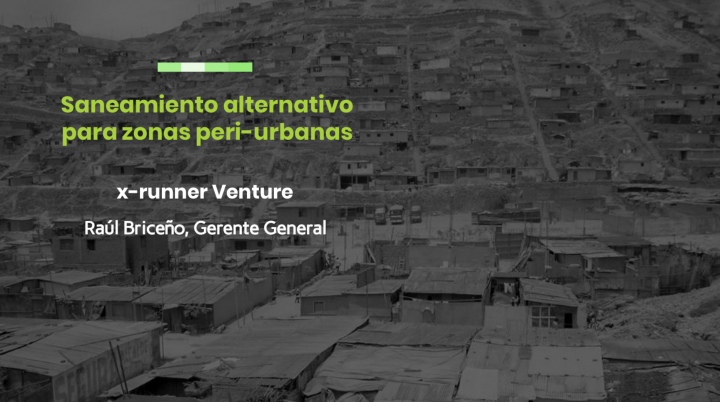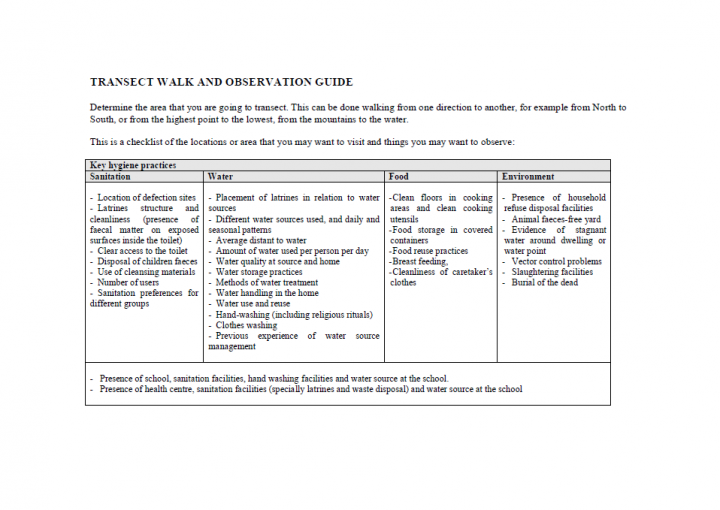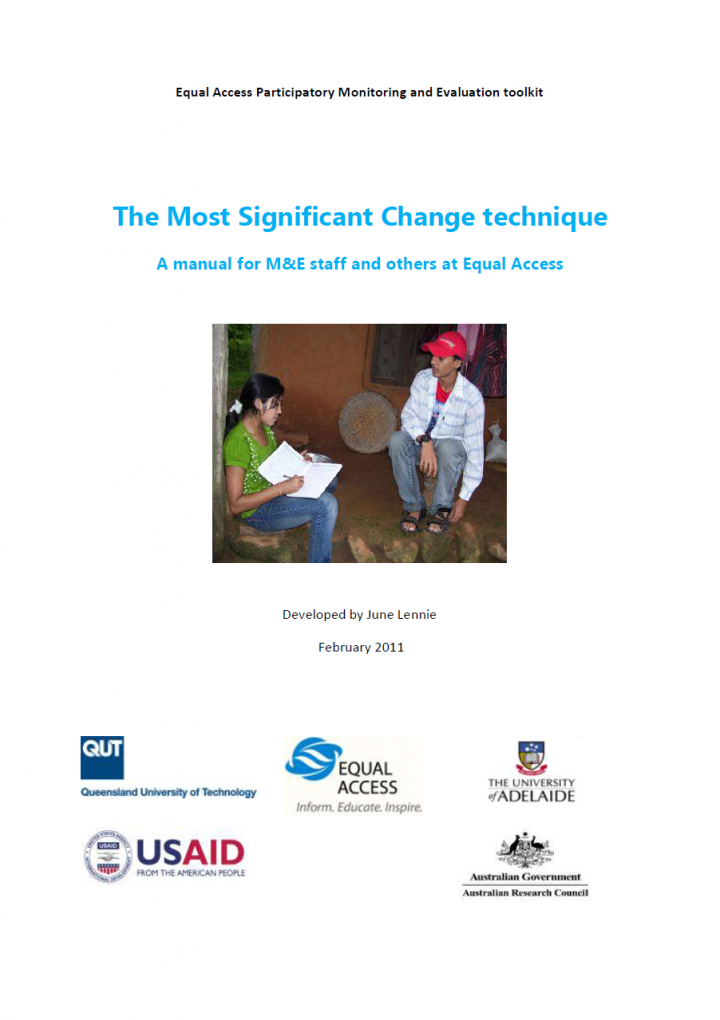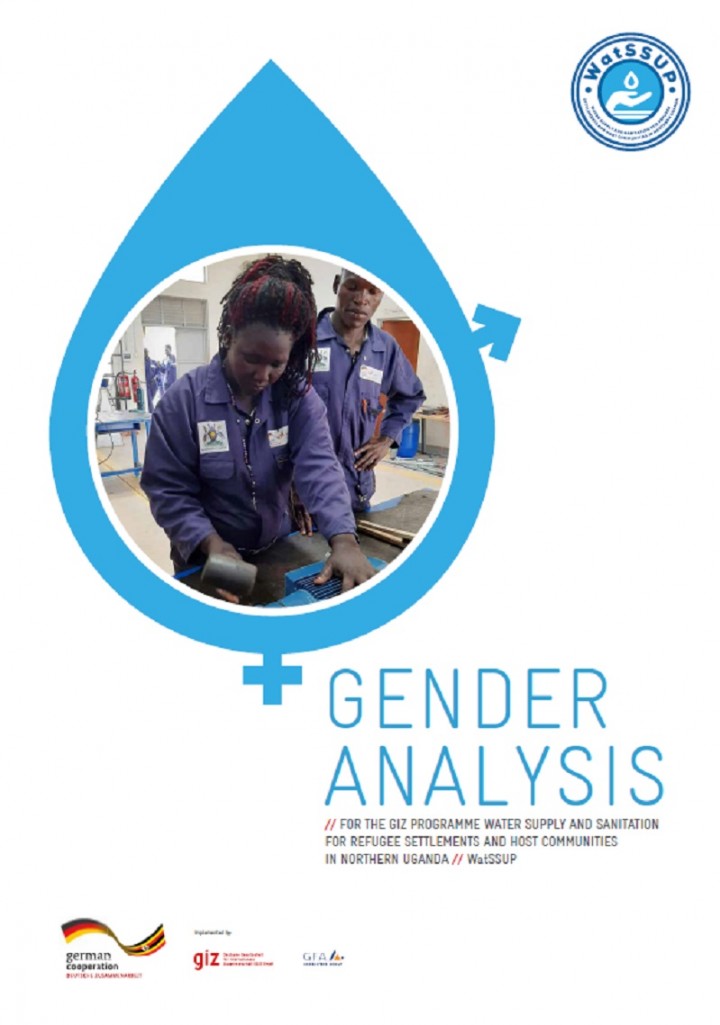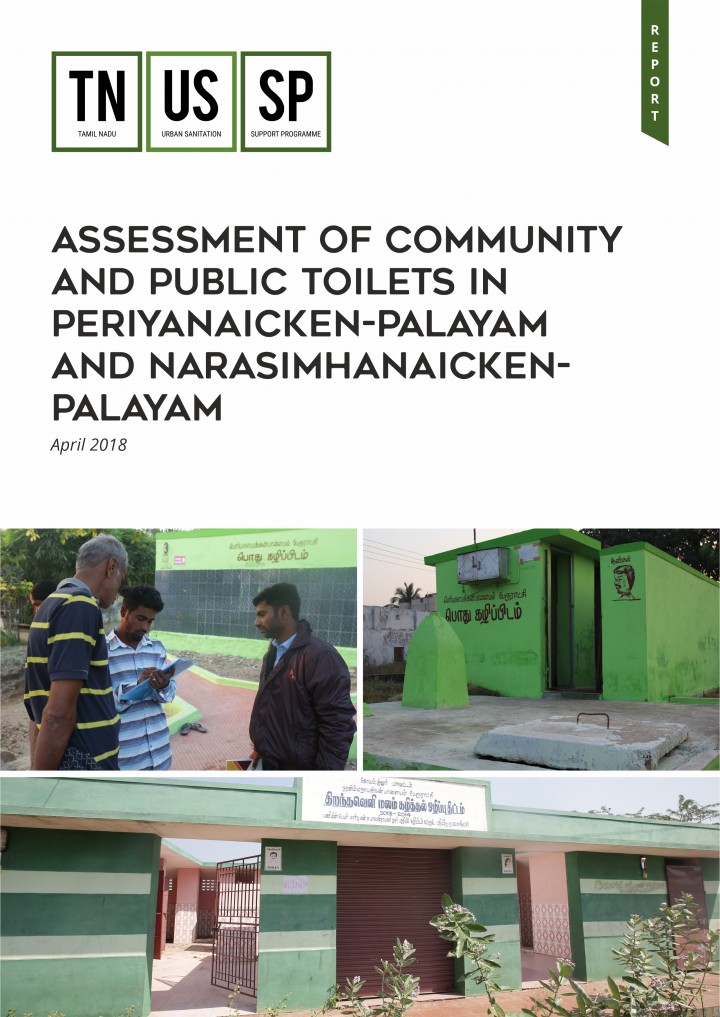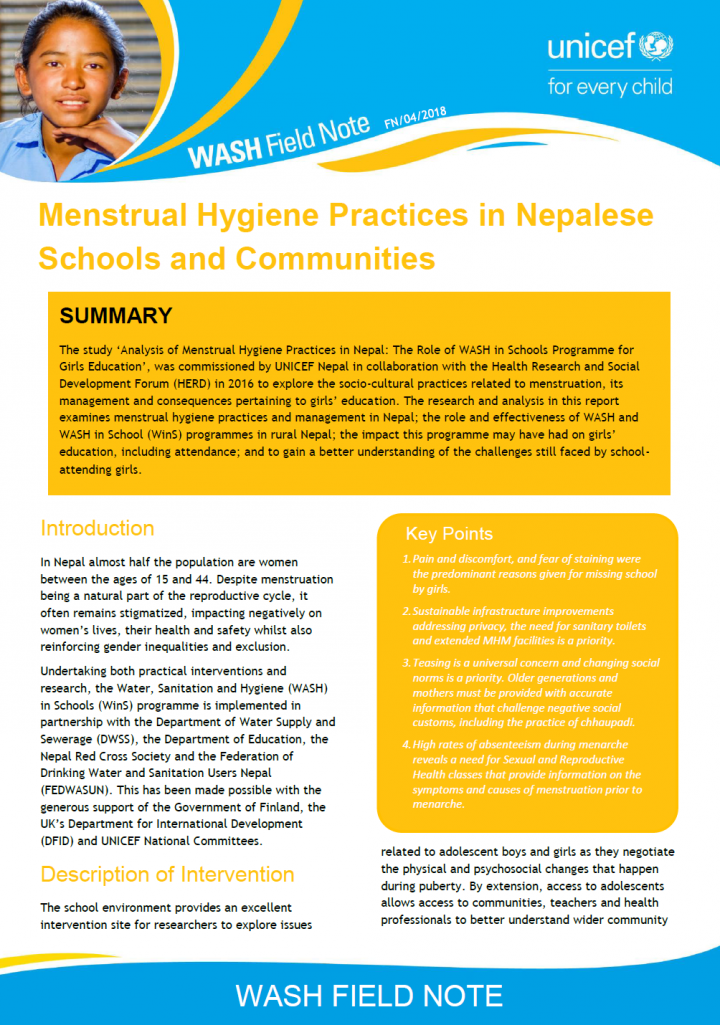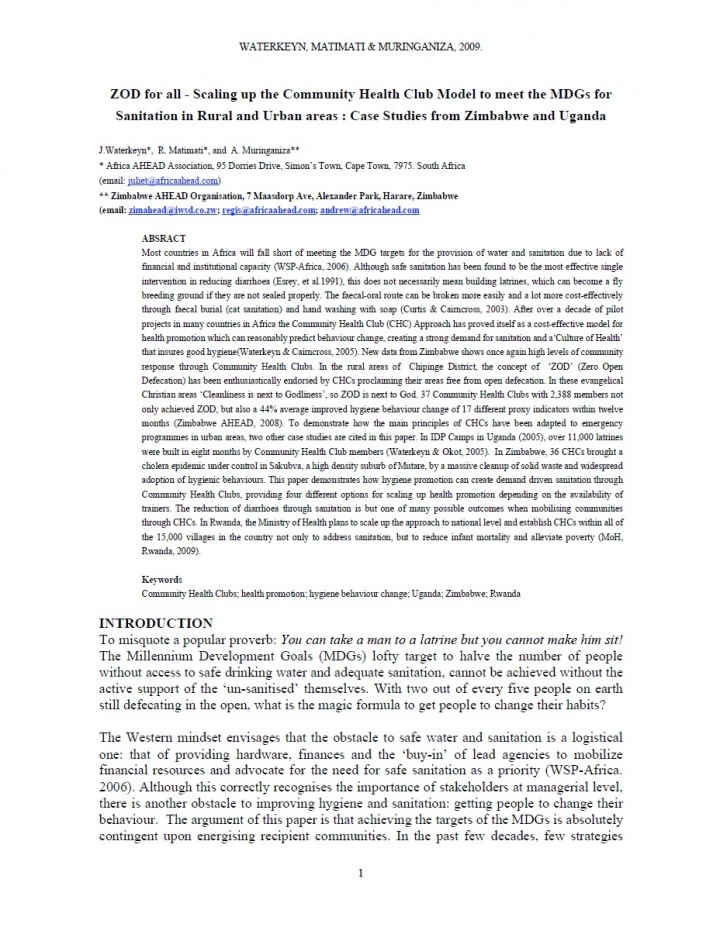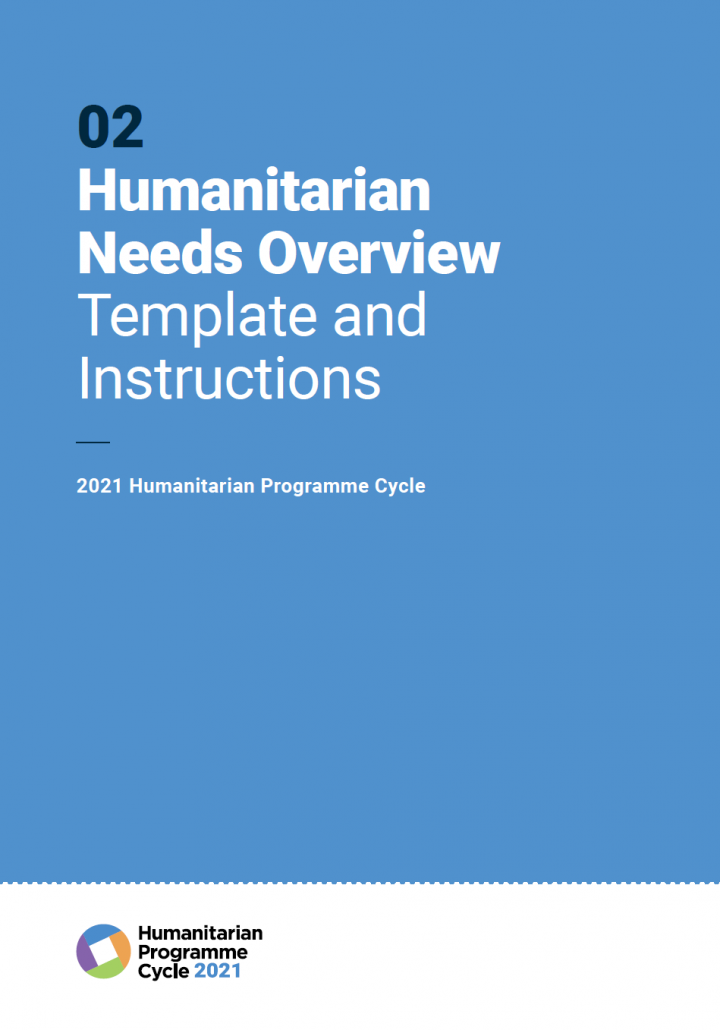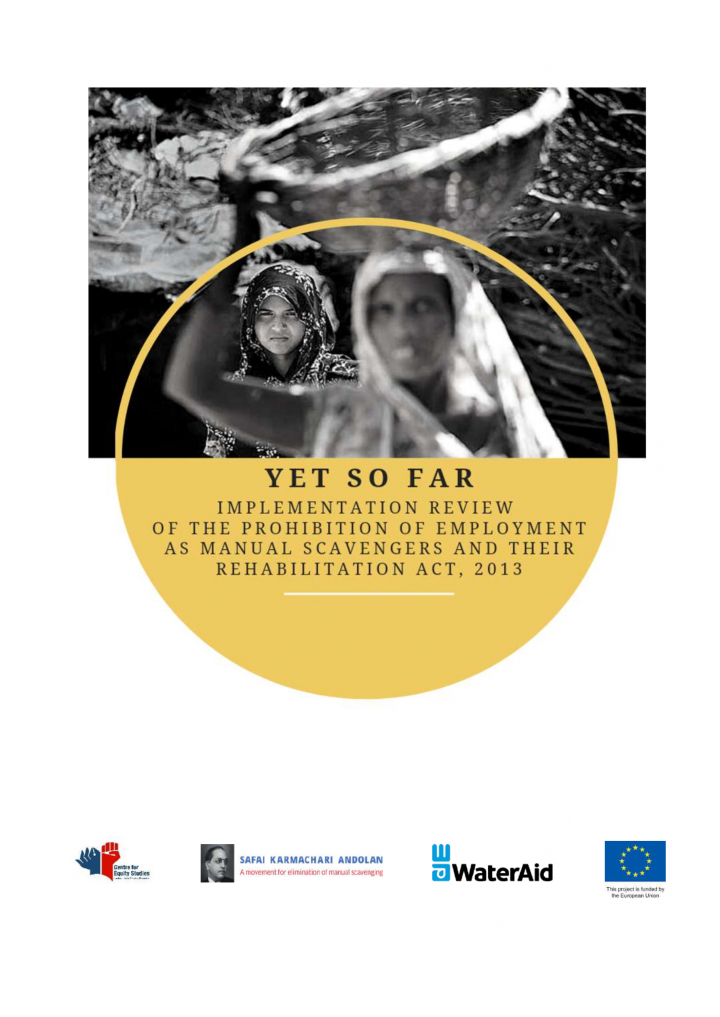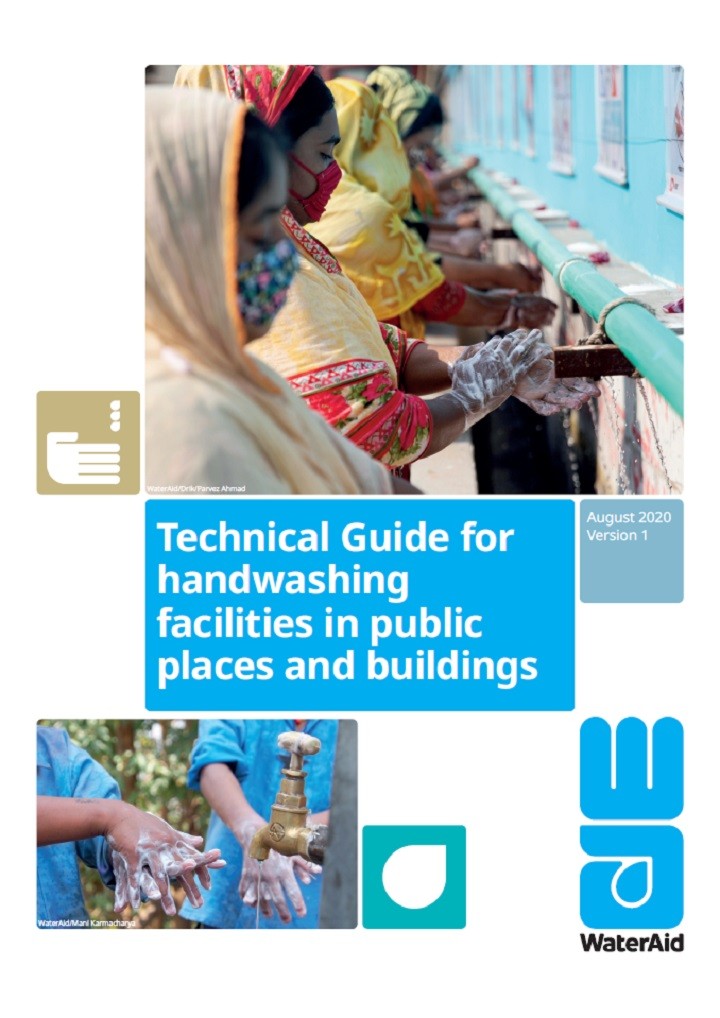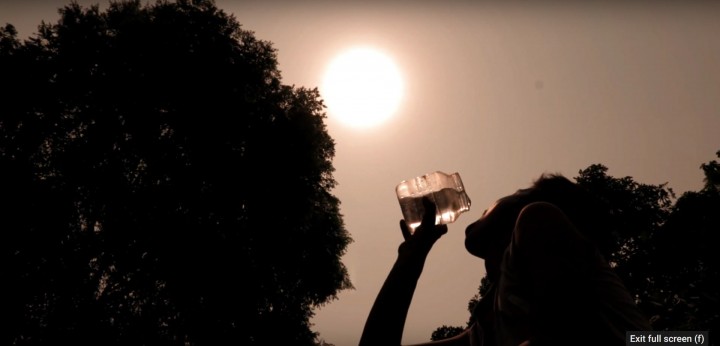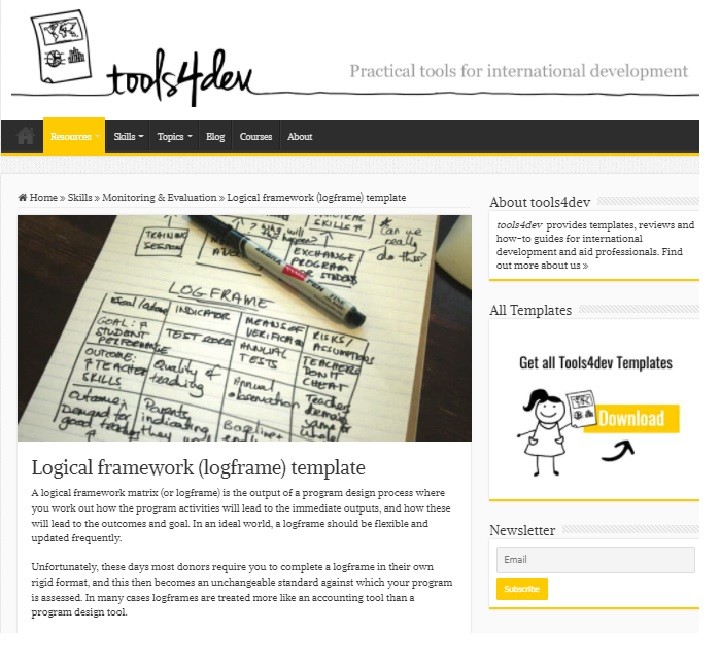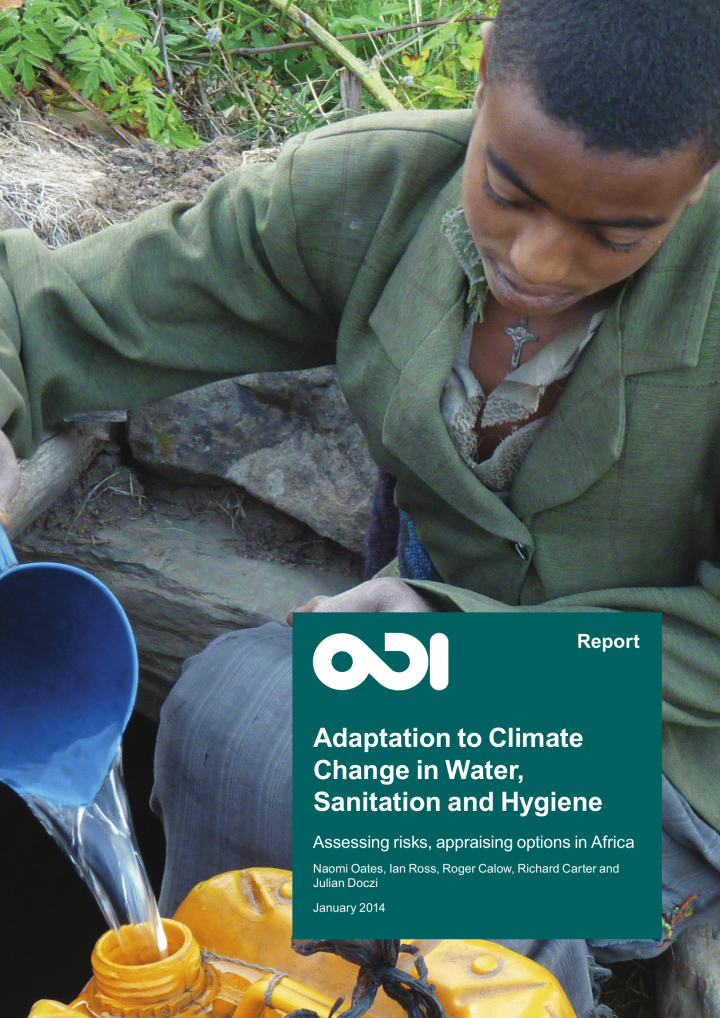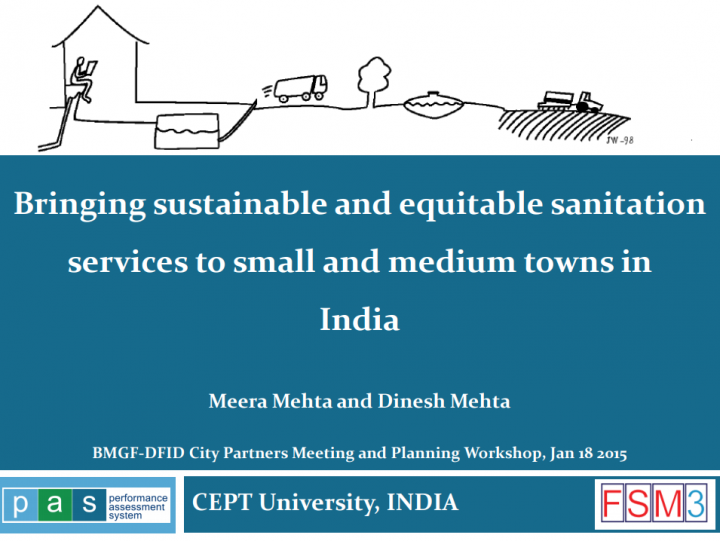Searching for information on Sanitation Workers?
The Sanitation Workers Knowledge + Learning Hub is the best source for all current news, trends, articles and updates on sanitation workers rights around the world.
The overall aim of Oxfam’s WASH response in emergencies is to minimise public health risks in relation to water, sanitation and hygiene. This means working more directly with a wide range of people affected by the crisis to better understand them, to motivate them to make positive behaviour changes, and to strengthen their capacity to reduce/prevent public health risks and make their own …
The principles and practice of water safety planning are increasingly being adopted around the world as the basis for the provision of safe and clean drinking-water. This process is most pronounced in urban conglomerates where the institutional infrastructure of municipal corporations, parastatal enterprises or private utilities is conducive to their adoption.
Water safety planning has a …
FLUSH is a documentary film raising awareness of what happens to bodily waste in America, and a growing movement to change the way we think about “waste,” premiering in honor of World Toilet Day.
Raise awareness of World Toilet Day and theme “wastewater,” engage “developed” countries in a conversation about broader sanitation themes and question the wisdom of water-based toilets, …
It feels good to be clean. It feels good to live in a beautiful environment. It feels good not to get sick. Influencing health behaviour change seems like it should be simple. Present the logical evidence (information) for why changing a behaviour is worthwhile (washing hands kills germs) and the need for change should be obvious. But logic isn’t the only basis for making decisions about …
Kitwe is one of the major mining cities in Zambia. The city is on the central part of the Copperbelt Province and is the third largest city in Zambia after the Capital Lusaka and the Provincial Capital Ndola. The city covers an estimated 815.76 km2. Demographically, it is also the second most populated city after Lusaka. According to the 2010 census, Kitwe had a population of 517,543 with a …
Barguna is a fast-growing city, which is 319 km away from the Dhaka city. It is beside the Khakdon River and well connected with road and water. It is one of the oldest towns in the sub-continent and was declared municipality in 1973. Barguna is one of the 53 district level municipality in the country.
According to the population census in 2011 by the Bangladesh Bureau of Statistics (BBS), the …
Frequent and proper handwashing with soap is vital to prevent the spread of COVID-19. In response, we have developed this Handwashing Compendium for Low Resource Settings. Exinging existing information from different organisations into one place, the compendium provides guidance, local examples of and further resources on accessible low-cost handwashing facilities, environmental cues and …
These Youtube playlists contain several videos to explain how to edit WASH topics in Wikipedia.
The videos in Playlist 1 were produced for SuSanA, funded by Bill & Melinda Gates Foundation through contract with Stockholm Evironment Institute.
The videos in Playlist 2 were produced for the SDG edit-a-thon in September 2020, funded by Project Everyone, UK.
Section 1: Introduction
The Most Significant Change (MSC) technique is a tool for collecting, discussing and selecting stories about the significant changes that people experience as a result of your programs. It involves people at different levels of an organisation discussing the stories and then selecting the stories they consider most significant. This process aims to promote ongoing …
The observations and recommendations presented in this gender analysis are meant to provide information to the programme regarding the relevance of gender aspects in Uganda, and particularly for the continued implementation process of the Programme: Water Supply and Sanitation for Refugee Settlements and Host Communities in Northern Uganda (WatSSUP).
TNUSSP carried an assessment of Community Toilets and Public Toilets facilities in the two town panchayats Periyanaicken-Palayam and Narasimhanaicken-Palayam in Coimbatore district. The assessment aimed to profile the facilities in terms of their existing infrastructure, waste and waste management, and operation and maintenance practices. Further, toilet usage patterns were analysed and exit …
The study ‘Analysis of Menstrual Hygiene Practices in Nepal: The Role of WASH in Schools Programme for Girls Education’, was commissioned by UNICEF Nepal in collaboration with the Health Research and Social Development Forum (HERD) in 2016 to explore the socio-cultural practices related to menstruation, its management and consequences pertaining to girls’ education. The research and …
Most countries in Africa will fall short of meeting the MDG targets for the provision of water and sanitation due to lack of financial and institutional capacity (WSP-Africa, 2006). Although safe sanitation has been found to be the most effective single intervention in reducing diarrhoea (Esrey, et al.1991), this does not necessarily mean building latrines, which can become a fly breeding ground …
This document provides an overview of what information to present and how to do so in the development of the Humanitarian Needs Overview. It should be read alongside the:
The HPC Step-by-Step re-asserts the sequence of the needs analysis and planning, with needs analysis directly informing the decision-making with regards to response, whether for the preparation of new plans or adjustments to …
There are twin tragedies that are involved in the continued prevalence of manual scavenging in our society. And one tragedy makes the other more tragic. Firstly, it is unfortunate that a country which boasts to be the world’s biggest democracy is still impervious to the fact that we have allowed people (largely women) to be involved with the practice of manual scavenging and cleaning of sewers, …
In response to the COVID-19 pandemic, the World Health Organization (WHO) has recommended that all member states provide universal access to public handwashing facilities. Consequently, WaterAid and other organisations have been working with governments to install handwashing facilities in a wide range of public places and buildings, to support improved handwashing practices and reduce …
The story revolves around a poor thirsty young boy who finds it difficult to quench his thirst, as the river water is unclean and polluted. But thanks to his education - he recalls how his teacher at school had taught him to purify water. He applies his theoretical knowledge to practice, and doing so he succeeds in purifying the contaminated water and thereby quenching his thirst.
In a parallel …
Water scarcity in the Arab region is intensifying due to population growth, economic development, and the impacts of climate change. It is manifested in groundwater depletion, freshwater ecosystem degradation, deteriorating water quality, low levels of water storage per capita, and added pressures on transboundary water resources. High‐income Arab countries have sought to circumvent the …
Water will be the main channel through which the impacts of climate change will be felt by people, ecosystems and economies. However, predicting impacts on the availability and quality of freshwater resources, and on water-dependent services and sanitation, remains difficult.
While there is a high level of confidence in the processes linking emissions to global warming, much less is known …
The Bill & Melinda Gates Foundation (BMGF) and the United Kingdom Department for international Development (DfiD) are collaborating to demonstrate how cities can use binding service level agreements and performance-based contracts with private sector partners as a way to ensure the city-wide delivery of sustainable sanitation services that are equitable and provide both private and public …

